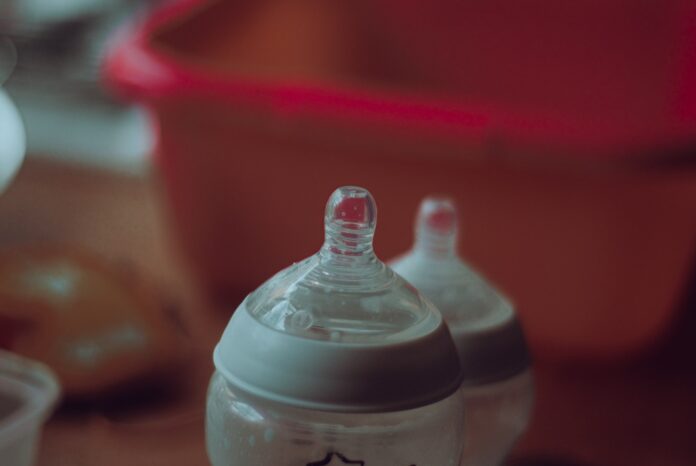MONTGOMERY, Ala. — News reports abound about the current shortage of infant formula facing families across the nation and in Alabama, due to supply chain issues and a recall of products by one of the largest producers of infant formula in the United States.
“Although the Alabama Department of Public Health (ADPH) does not have hard data on the extent of the shortage in Alabama, it is our understanding that the issue is related to several factors,” said Wes Stubblefield, MD, MPH, FAAP, ADPH District Medical officer. “Due to supply chain issues and labor shortages, manufacturers were already experiencing strained production. With the recall of some of the formula from Abbott (Similac), the strain worsened, and shortages started to appear.”
In general, infant formula can be found at retailers across the state. This might include small stores, larger chain stores, grocery stores, pharmacies, convenience stores and others. Medical provider offices may have samples that they can distribute, and local community food banks are another potential infant formula resource for those in need. The Women, Infants and Children program (WIC) offices at the county health departments, however, do not store stock of routine infant formula nor does ADPH regulate the distribution or store supplies of formula.
Although both ADPH and the Alabama Chapter of the American Academy of Pediatrics (AL-AAP) strongly encourage breastfeeding, there can be barriers to successful breastfeeding and many women must rely on formula.
Katrina Skinner, MD, FAAP, AL-AAP president, advises families who rely on formula not to dilute it with extra water, which can result in dehydration, weight loss and seizures. She also said families shouldn’t make their own formula, use cow’s milk or give babies plant-based milk as those options aren’t nutritionally sufficient. Parents of babies with allergies and sensitivities that require them to use a specific formula should call their doctors for advice. Dr. Skinner said donor milk is safe so long as standard guidelines are used. She recommends that parents use donor milk banks, where the milk is screened to ensure it is okay for consumption.
“Families should discuss safe alternatives with their health care provider,” echoed Dr. Stubblefield. “Families should also use caution when purchasing formula from internet sellers outside of well-known distributors. Purchasing formula from overseas can be dangerous as these formulas are not regulated by the FDA.”
Dr. Skinner said her office in Fairhope keeps samples of formula that they receive from medical representatives, and other doctors may have some on hand as well. ADPH and the AL-AAP recommend that parents contact their health care providers to find out if samples are available, as well as check with the potential sources listed above. Both organizations encourage families to try alternative brands of infant formula (including store brands) if their preferred brand is not available. Other options include switching to a ready-to-feed product or liquid concentrate if powdered formula is unable to be located.
Sign in
Welcome! Log into your account
Forgot your password? Get help
Password recovery
Recover your password
A password will be e-mailed to you.





















